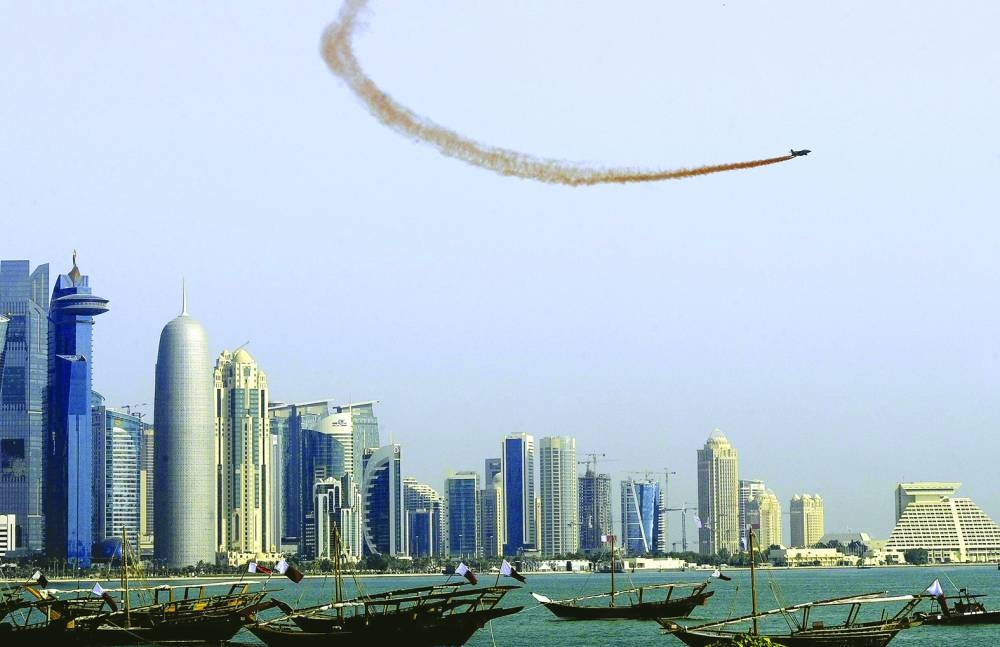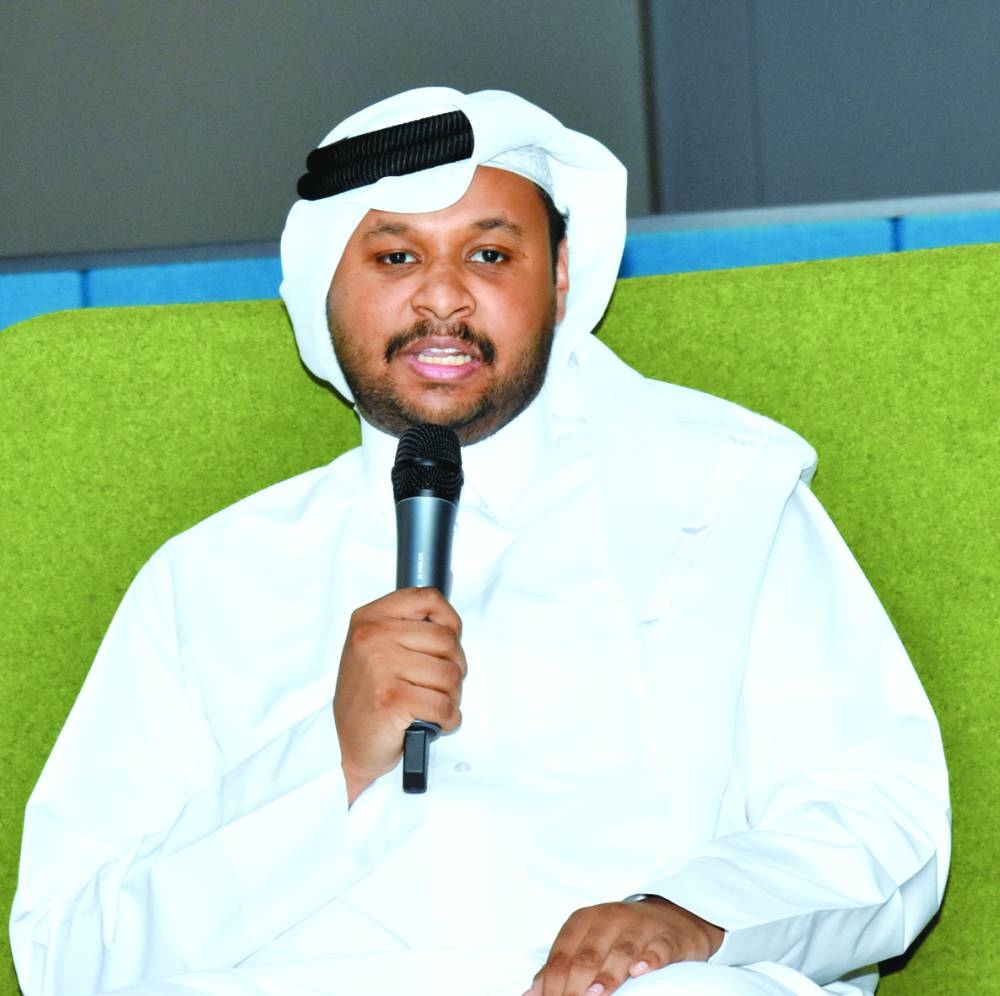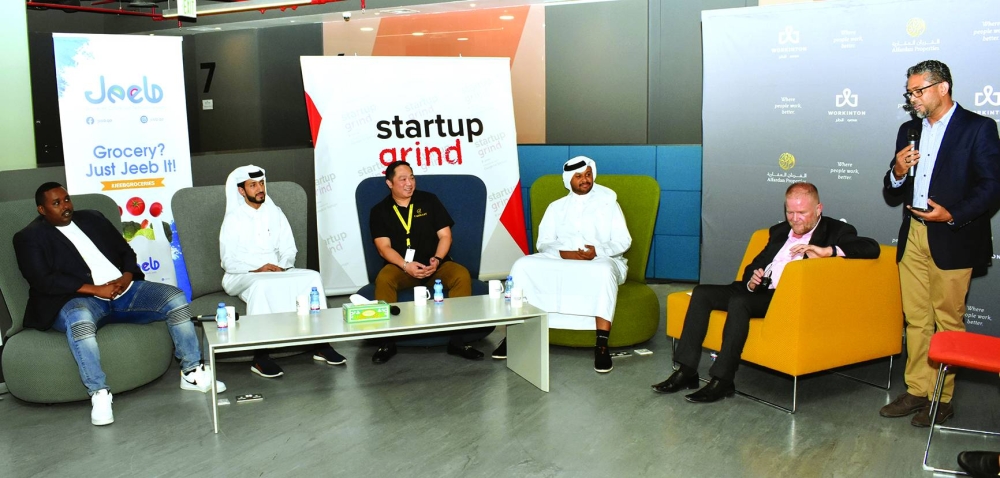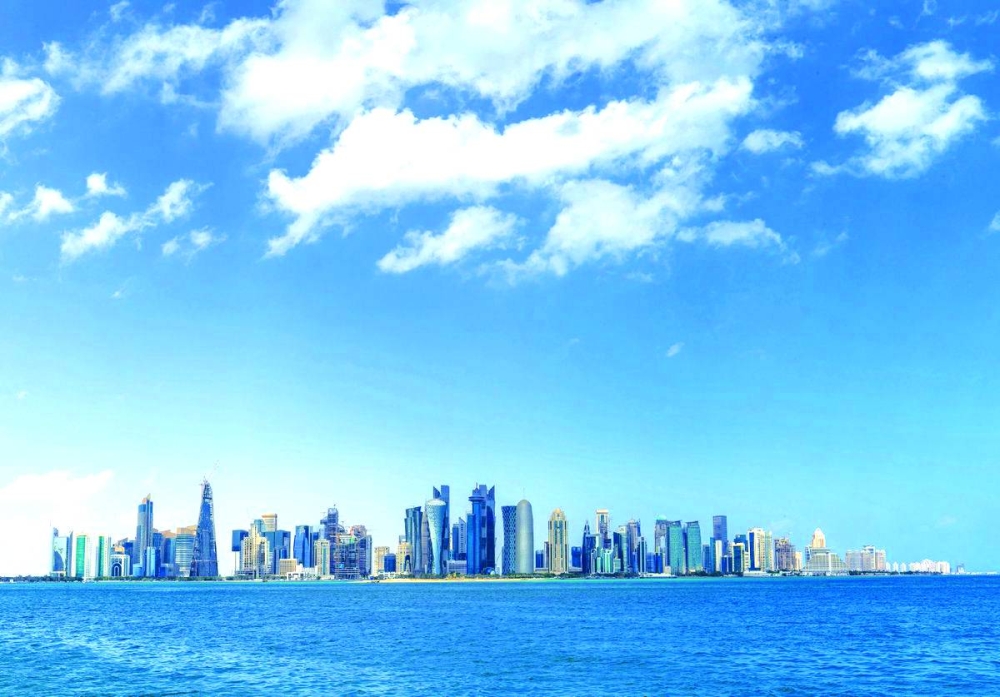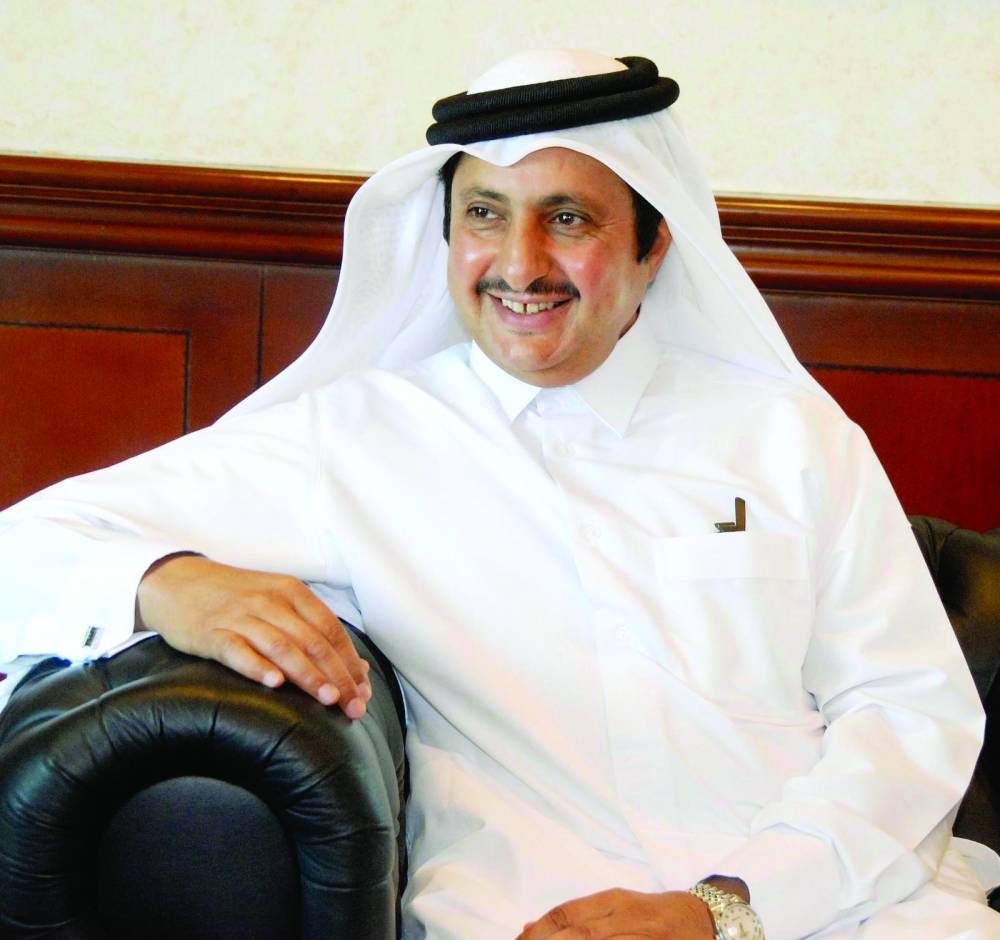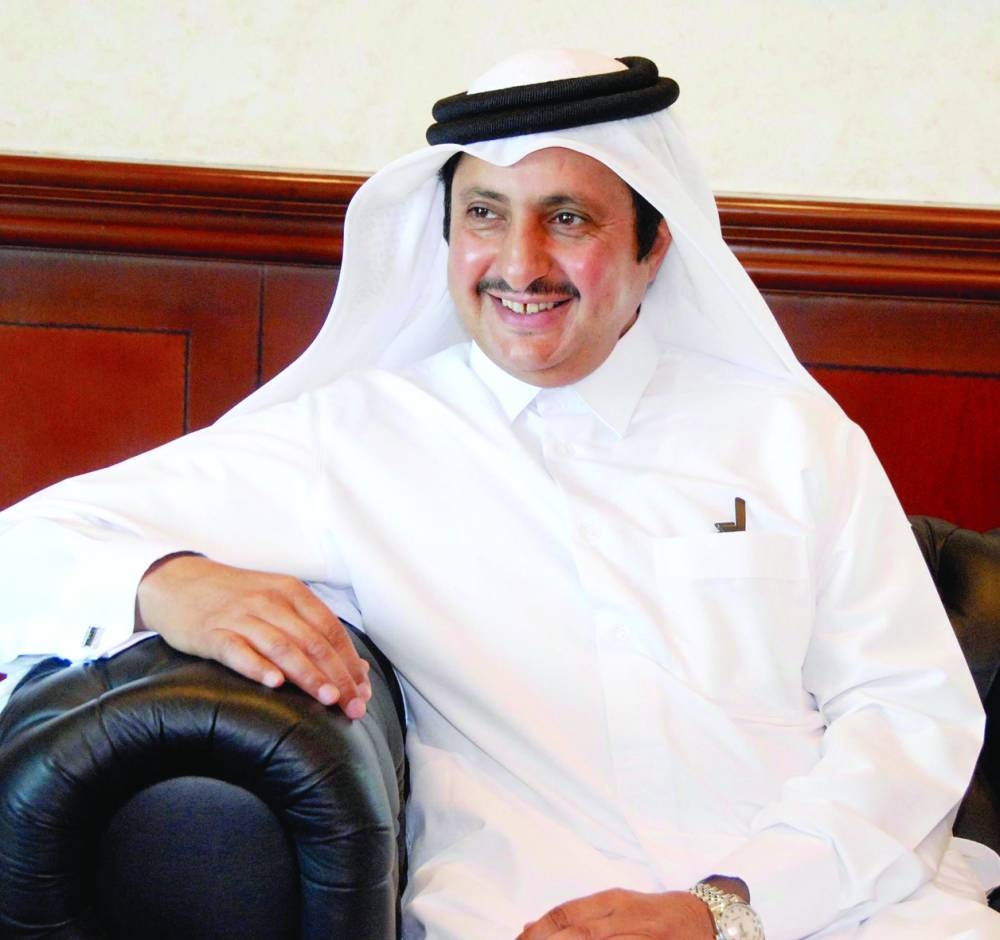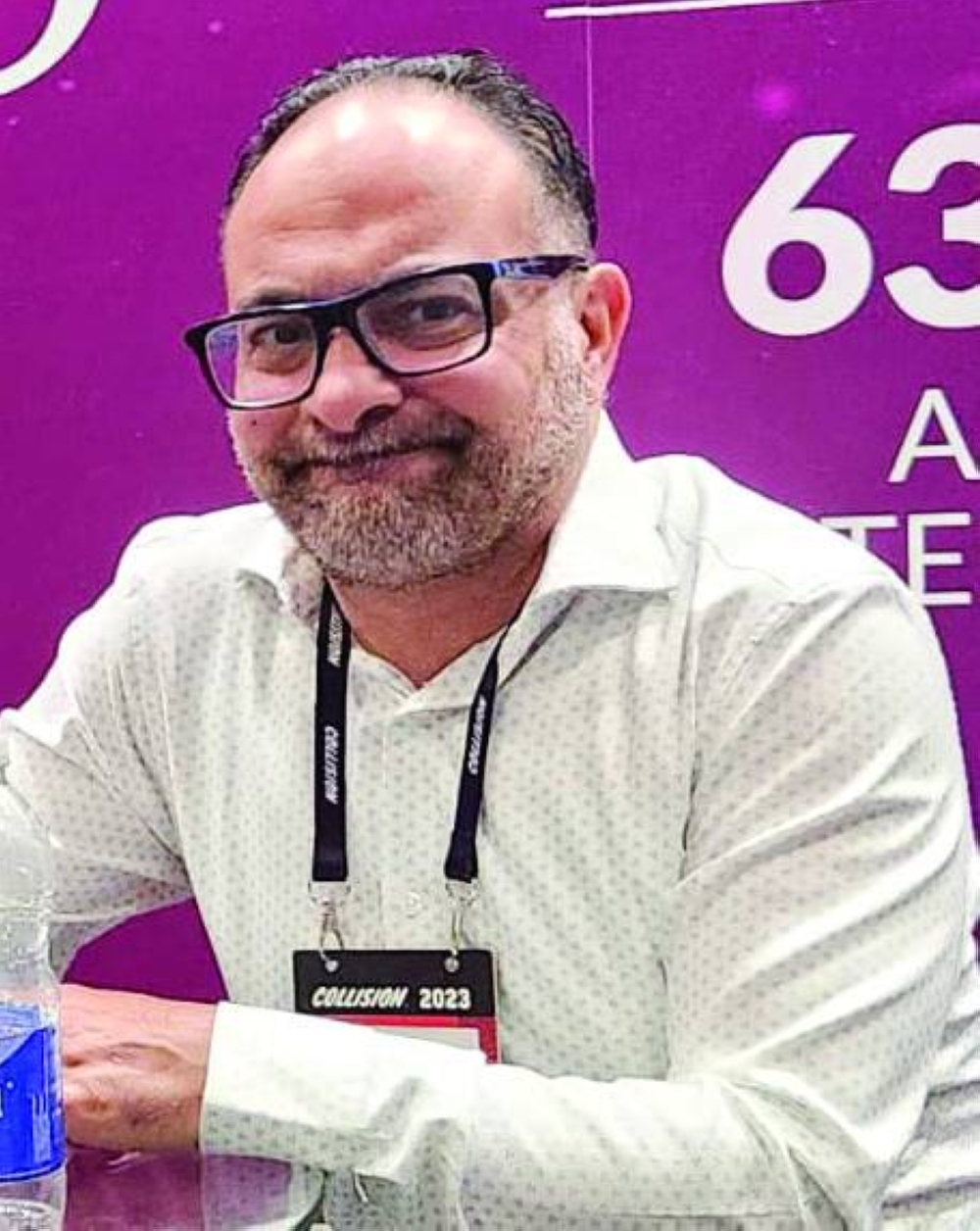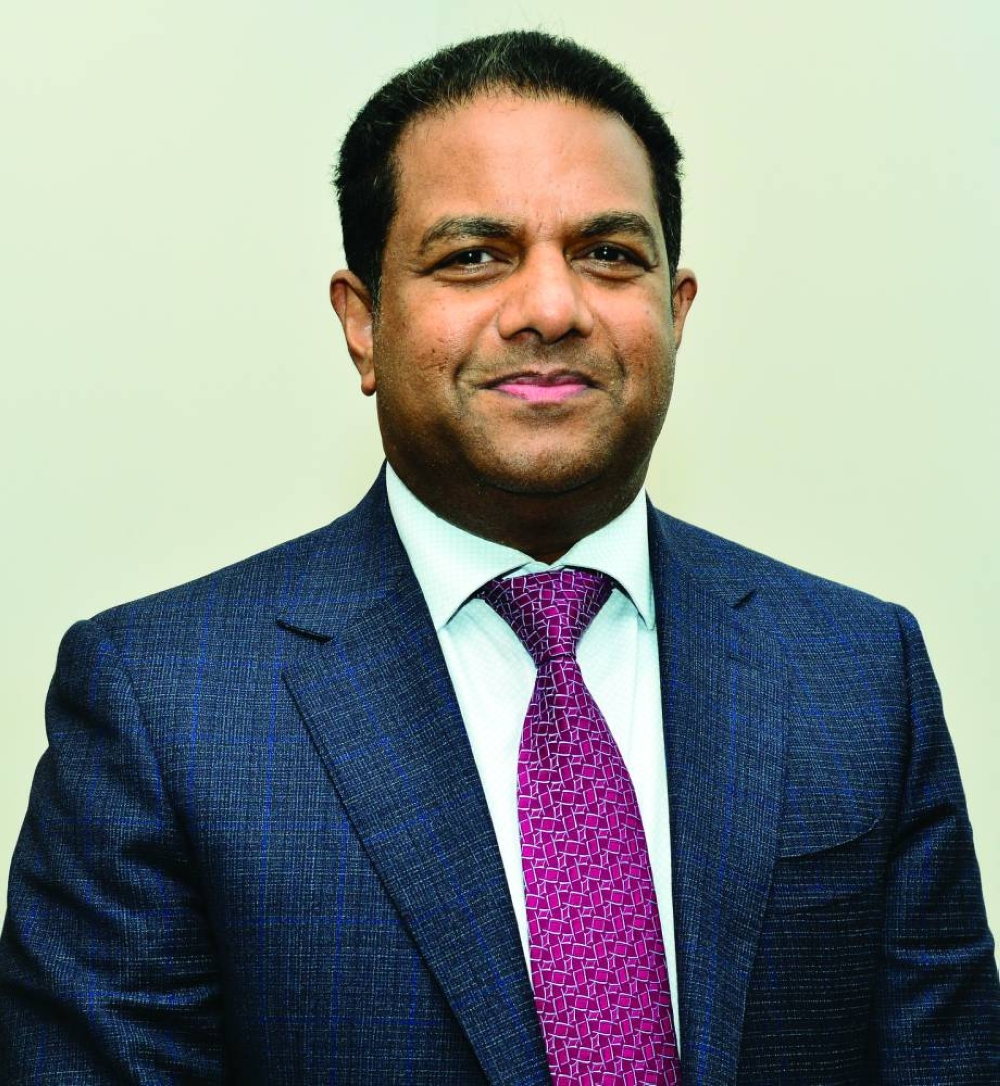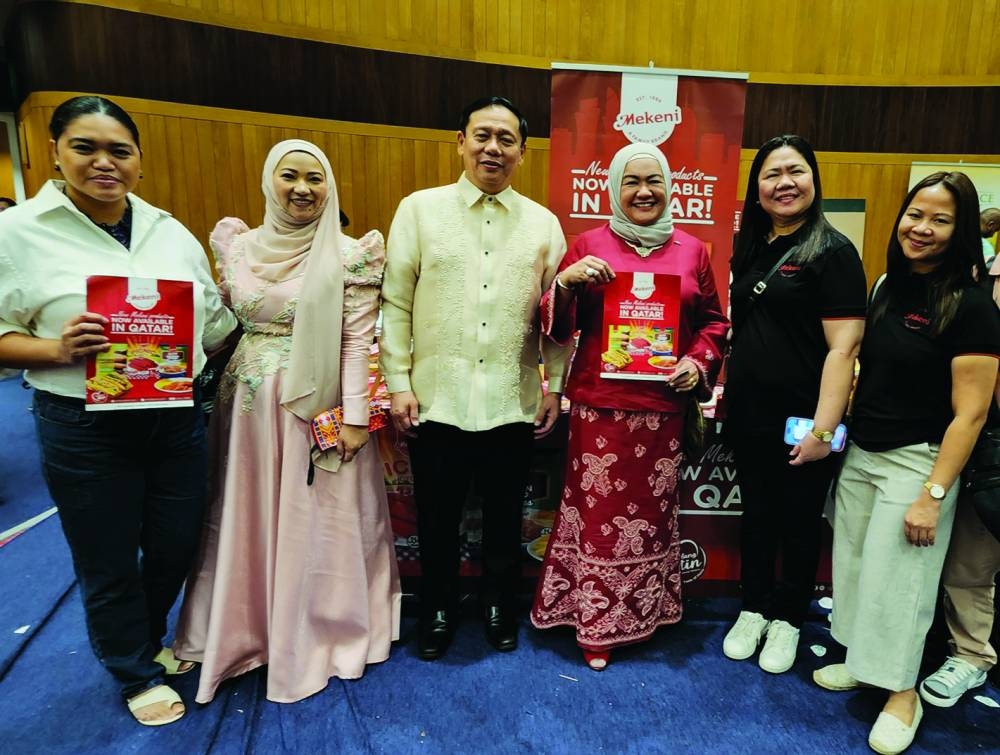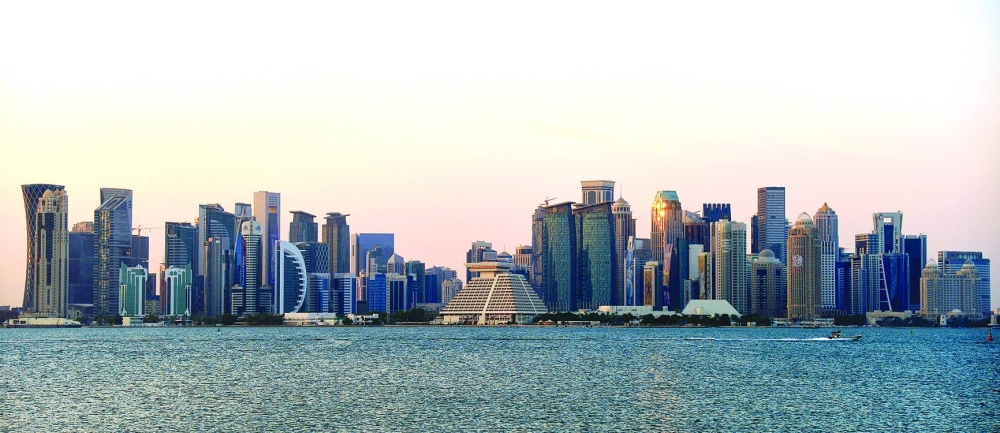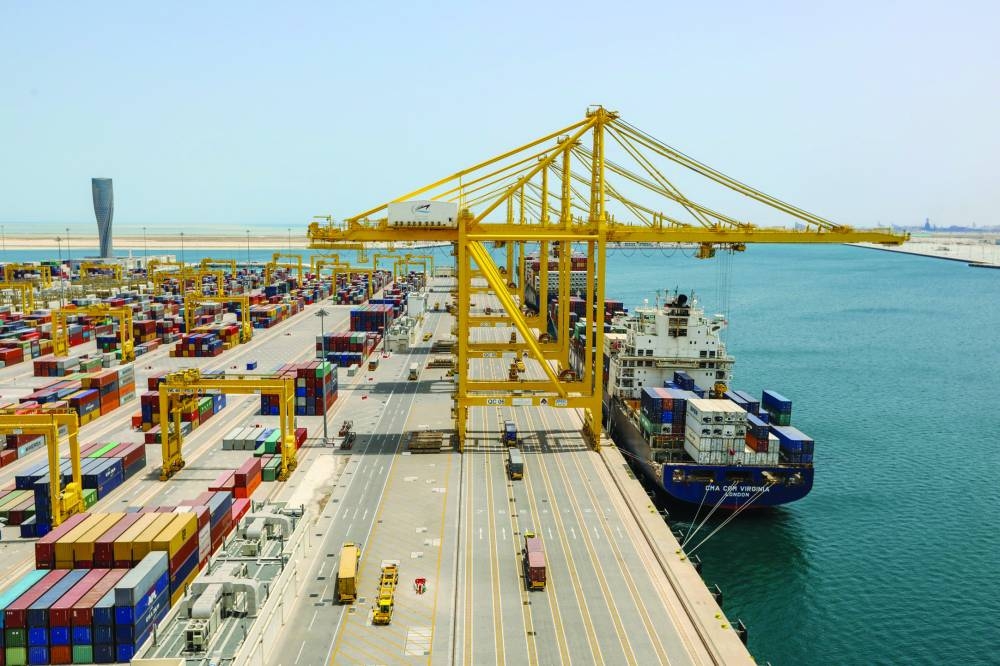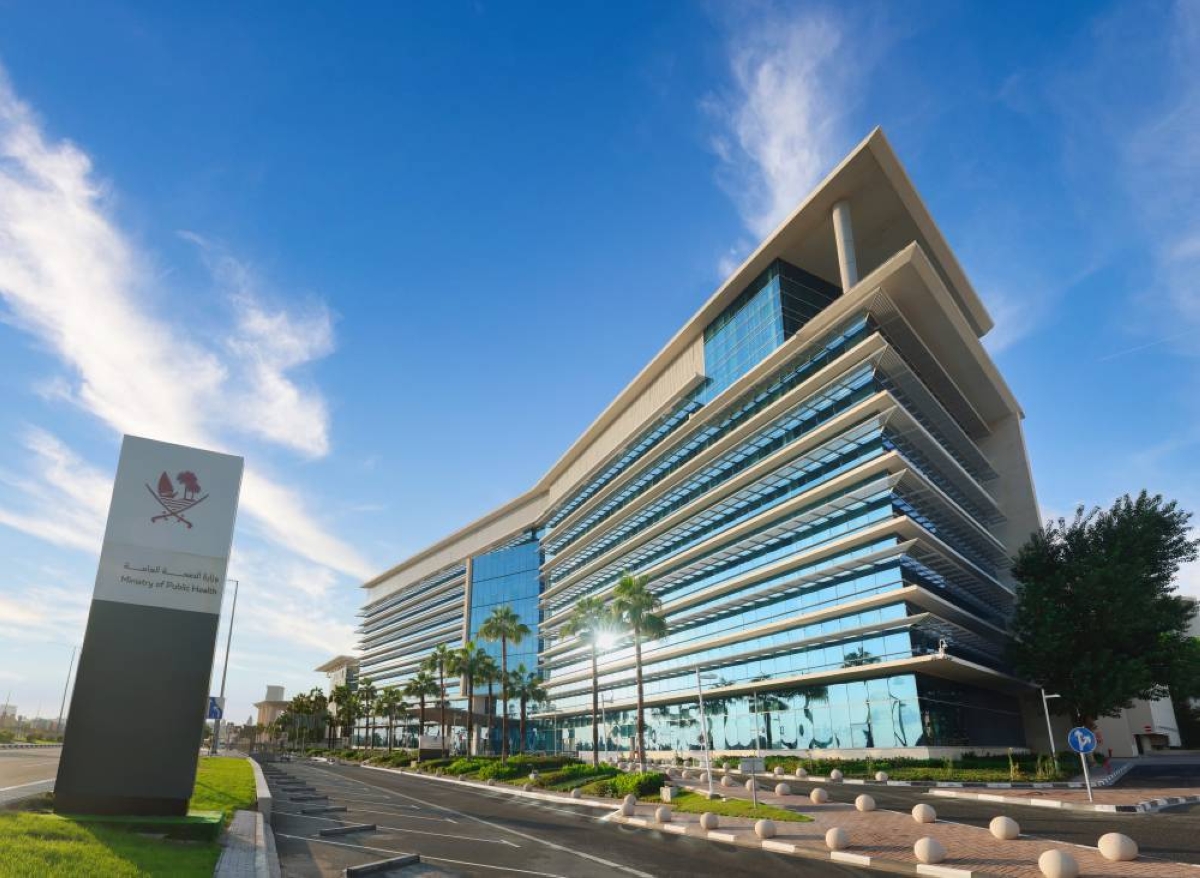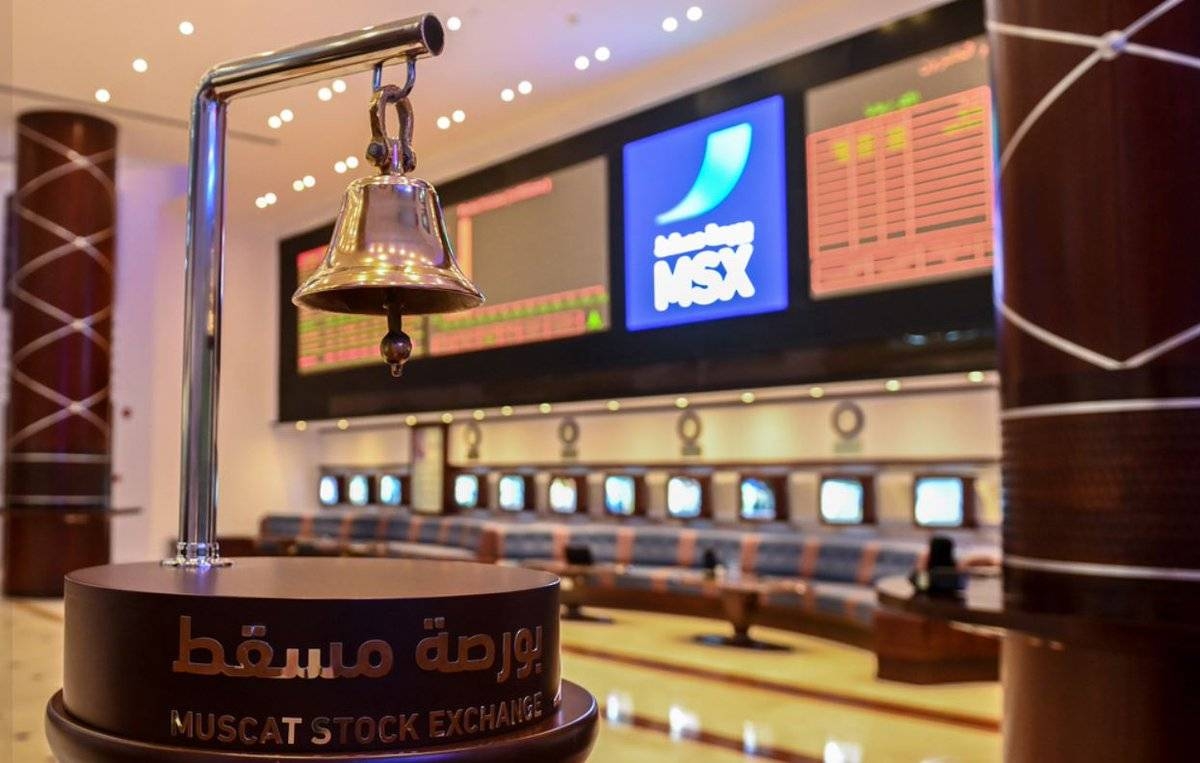With an expected budget of more than “$1.64bn” by 2026, Qatar “has the fastest growth” in cybersecurity spending in the Middle East, the Investment Promotion Agency Qatar (IPA Qatar) has said in a report.The agency, in the ‘Securing the Digital Future: Investment Insights and Opportunities’, a joint report with Microsoft and EY-Parthenon, stated that Qatar’s cybersecurity spending is expected to witness a more than “12.7%” increase from “$1.01bn” in 2022 to more than “$1.64bn” in 2026.The report also highlighted that hyper-connected Internet ecosystems and national expenditure on cyberinfrastructure will boost cybersecurity market growth in Qatar and the region.Similarly, the report stated that the Middle East region is witnessing “a region-wide digital paradigm shift,” with a rise in expenditure on cybersecurity, as well as data security, AI, and cloud capabilities.Citing official figures, the report stated that expenditure of the Middle East cybersecurity market would amount to “$44.7bn” by 2027, while end-user spending on data security in the Mena would have a compound annual growth rate (CAGR) of more than “22.6%” between 2020 and 2023.Artificial intelligence's (AI) contribution to the Middle East GDP by 2030 is projected to reach “$300bn,” while the Middle East cybersecurity market is expected to witness a “+17.1%” CAGR between 2020 and 2027. Total public cloud spending in the GCC would be “$2.5bn” by 2030, while GCC countries may see a “+10%” increase in the online services index, the report also stated.The report stated that expected growth in Qatar’s emerging technology sub-sectors market revenue between 2022 and 2026 include the following: Internet of Things (IoT) ($614.6mn - $1,822.6mn), big data analytics ($520mn - $820mn), cloud computing ($119mn - $303mn), blockchain ($33.2mn - $253.4mn), and system integration ($176mn - $221mn).Four “promising trends,” such as ‘cross-sectoral digital transformation’, ‘a promising age of digital government services', ‘cloud-first economy’, and ‘emerging technologies and growing youth’, are expected to shape Qatar’s cybersecurity market and drive the growth in 2030 and beyond, the report pointed out.“Qatar is witnessing a rapid increase in digital transformation through strategic partnerships across several sectors, including energy, financial services, tourism, and health, among others, like the collaboration between Tawteen and Microsoft to accelerate digital transformation in the energy sector and the digitalisation of financial services supported by the Qatar Central Bank, Qatar Financial Centre, and Qatar FinTech Hub. Qatar has also successfully delivered a digitally secure FIFA World Cup in 2022 under the Supreme Committee for Delivery & Legacy’s Cybersecurity Framework.“Derived from NDS, increase in digitisation of government services and offerings, like the Smart Qatar Programme (TASMU) for digital transformation, and ‘Hukoomi’, an e-government service aims to leverage technology to provide better services, and requires sophisticated system integration offerings. Under Tasmu, the Qatari government has intended to invest $1.65bn over the next five years across five priority sectors,” the report stated.It added: “As digital transformation unfolds across the region, the cloud will be a critical enabler of the new platforms, services, and infrastructure that governments and enterprises seek to activate. Organisations are increasingly adopting a multi-cloud strategy, allowing them to leverage cloud computing applications from various suppliers, avoid vendor lock-in, enjoy more competitive pricing, and mitigate outages.“Qatar is increasingly incorporating emerging tech into its core services, leveraging new capabilities unlocked by cloud computing, AI, and the Internet of Things (IoT). The growing young population in the country presents an opportunity for enterprises to provide the robust digital experiences that consumers will increasingly demand.”

Peter Alagos
Peter Alagos reports on Business and general news for Gulf Times. He is a Kapampangan journalist with a writing career of almost 30 years. His photographs have been published in several books, including a book on the 1991 Mt. Pinatubo eruption launched by former Philippine president Fidel V. Ramos. Peter has also taught journalism in two universities.
Most Read Stories

